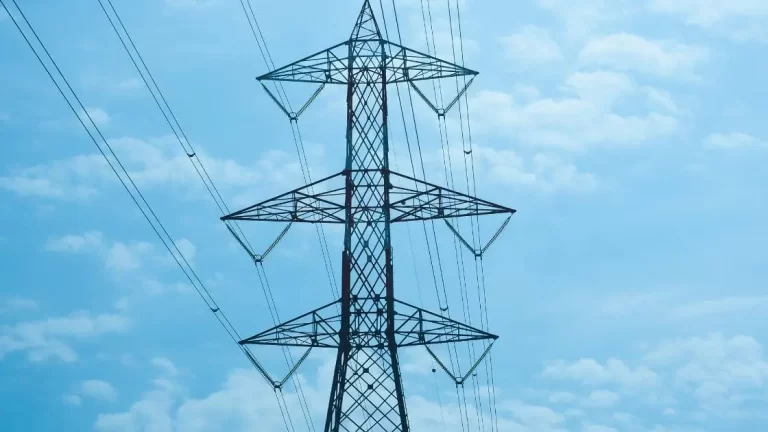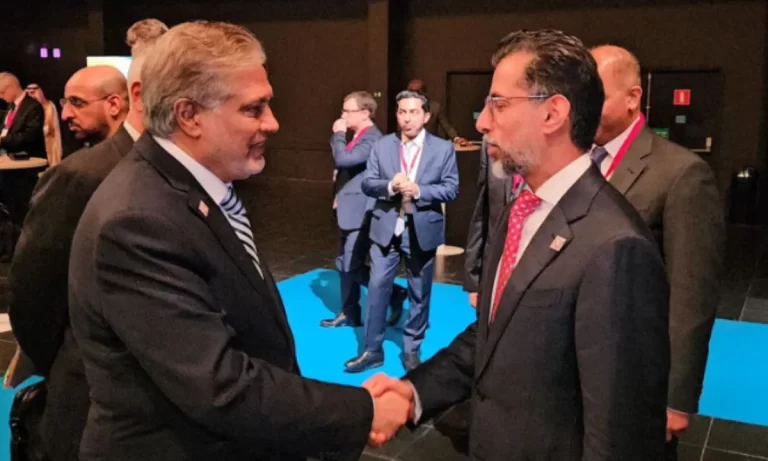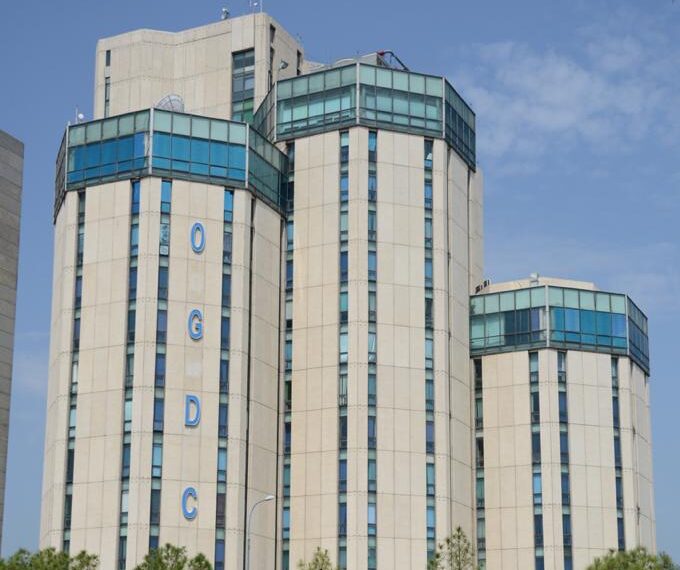Consumers to pay Rs 0.51 extra in KE electricity bills in December 2022
The consumers will be going to pay Rs 0.51 per unit additional in KE electricity bills in December 2022 on account of quarterly adjustments.
The National Electric Power Regulatory Authority (Nepra) on Tuesday approved a quarterly adjustment fee of Rs 0.51 per unit for K-Electric (KE) customers.
Previously, the power regulator permitted K-Electric (KE) to increase power tariffs by Rs 3.55 per unit due to quarterly adjustments for the January-March quarter of 2021–22.KE Duplicate Bill | How To Check Online
However, KE had requested a tariff increase of Rs.3.892/unit.
The decision by NEPRA to raise rates by Rs 3.55 per unit had been sent to the federal government so that it could let people know.
Govt subsidy in KE Electricity Bills in December 2022
It was assumed that the federal government would provide a subsidy to offset the tariff increase and that no increase would be passed on to consumers.
However, the federal government had filed a review petition with the power regulator requesting that Rs 0.51 per unit be passed on to consumers, with the federal government bearing the remaining impact of the tariff increase through subsidy.
On Tuesday, Nepra held a public hearing to consider the federal government’s review motion.
Intervenors objected to any increase in electricity rates and the expensive power generated by KE’s own power plants during the hearing.
Chairman Nepra stated during the hearing that the power regulator had introduced the electricity model of a competitive market to help consumers.
He described it as an ideal model that would accelerate the completion of the electricity market, resulting in cheaper electricity for consumers.
He stated that even investors could set up their own power plants to generate cheaper electricity for their own use and benefit from the competitive market model.
Intervenors stated that KE has been producing expensive electricity and that the KE administration should take steps to produce less expensive electricity.
They also said that the government should take over and nationalize the KE transmission system. The chairman of the National Electric Power Regulatory Authority (Nepra) disagreed with this idea.
Chairman Nepra stated that the world was shifting toward privatization because it was not the government’s responsibility to run businesses.
Pakistani governments have also pushed for the privatization of all power distribution companies (Discos) to cut down on losses and make it easier for people to pay their bills by improving the efficiency of the distribution system.
At the moment, Pakistan’s power system is the most inefficient, with higher losses and low recovery of electricity bills, resulting in a buildup of circular debt.
Chairman Nepra stated that KE was already a privatized entity and was surprised that the intervenors wanted to seize control and nationalize it.
The intention stated that he did not intend for distribution companies to be privatized.
He insisted that the government take over the transmission system to improve efficiency.
The world is moving toward privatization, and we are following suit because the role of government is not to do business, according to Chairman Nepra.
During the hearing, the KE’s expensive power generation from its own power plants was also brought up.
It was also brought to the attention of the authorities that the cost of power generation from KE plants was Rs 37.7 per unit last month, which was extremely high.
Intervenors demanded that KE replace inefficient and costly power plants with the most efficient power plants in order to produce less expensive electricity.
During the hearing, Nepra officials stated that they were working on a plan to replace inefficient power plants with efficient power plants owned by KE.
They advocated for the closure of inefficient power plants.
You will see a better position in one year as inefficient power plants are replaced with efficient power plants.
Nepra had previously stated that it was working with KE authorities to close inefficient power plants and replace them with more efficient power plants in order to produce cheaper electricity.
It was announced that KE’s efficient power plants would begin operations in December of this year, resulting in cheaper electricity for KE customers.
Intervenors also raised concerns about tripping in Karachi. They stated that KE should address the tripping issues that caused blackouts in Karachi.
The National Electric Power Regulatory Commission has approved a Rs 3.55 per unit increase in power tariff by K-Electric (KE) due to quarterly adjustments for the January-March quarter of 2021-22.
NEPRA allowed an increase of Rs 3.55/unit after making various adjustments to its decision on the KE’s petition for a hike of Rs. 3.892/unit due to quarterly adjustments for the quarter of January to March. The NEPRA decision to increase tariffs by Rs 3.55 per unit has been communicated to the federal government for notification.
According to Section 31(7) of the Regulation of Generation, Transmission, and Distribution of Electric Power Act 1997, and the mechanism for monthly, quarterly, and annual adjustments provided in K-Electric Limited’s tariff determination dated July 5, 2018, the authority is required to review and revise the approved tariff on monthly, quarterly, and annual adjustments.
KE initially requested a tariff increase of Rs. 4.521/unit for the quarter ending March 2022, but later revised its request to Rs. 3.892/unit after adjusting NEPRA’s FCA decisions for February and March 2022, which were issued on May 6, 2022, and May 27, 2022, respectively.








